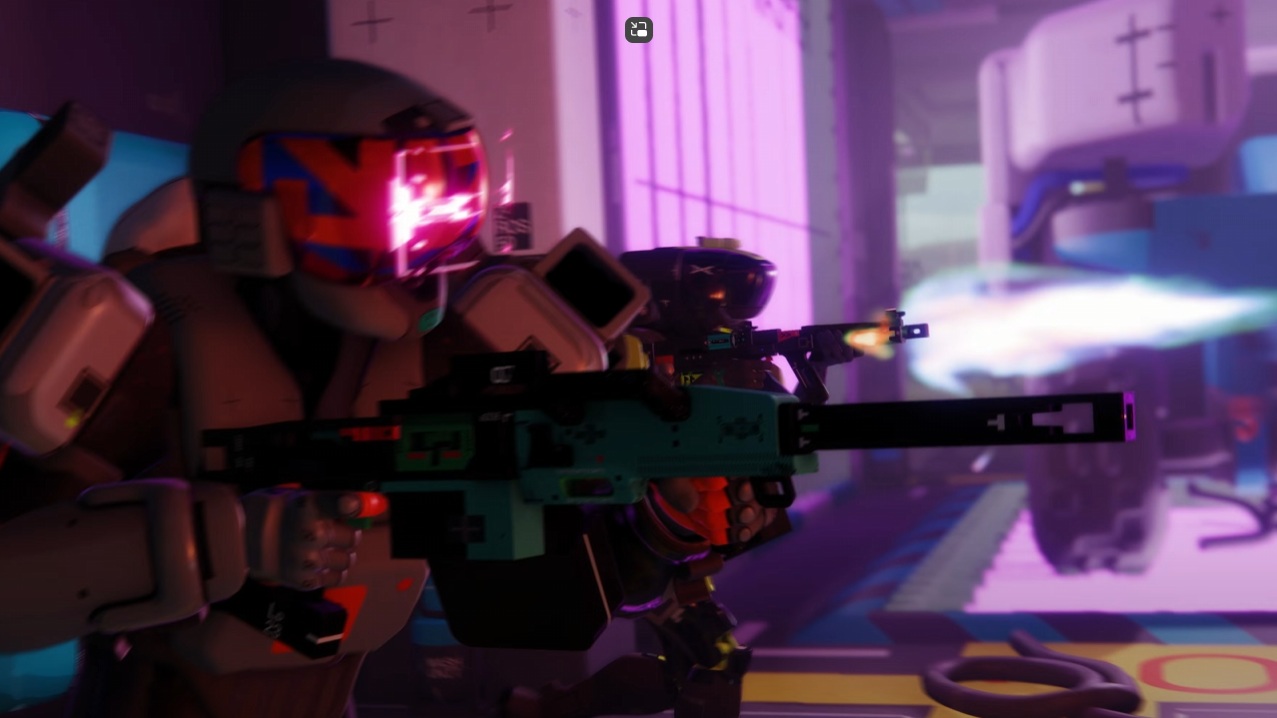Why Metro Exodus is my favorite open-world shooter
4A Games' open-world experience is nothing short of incredible.
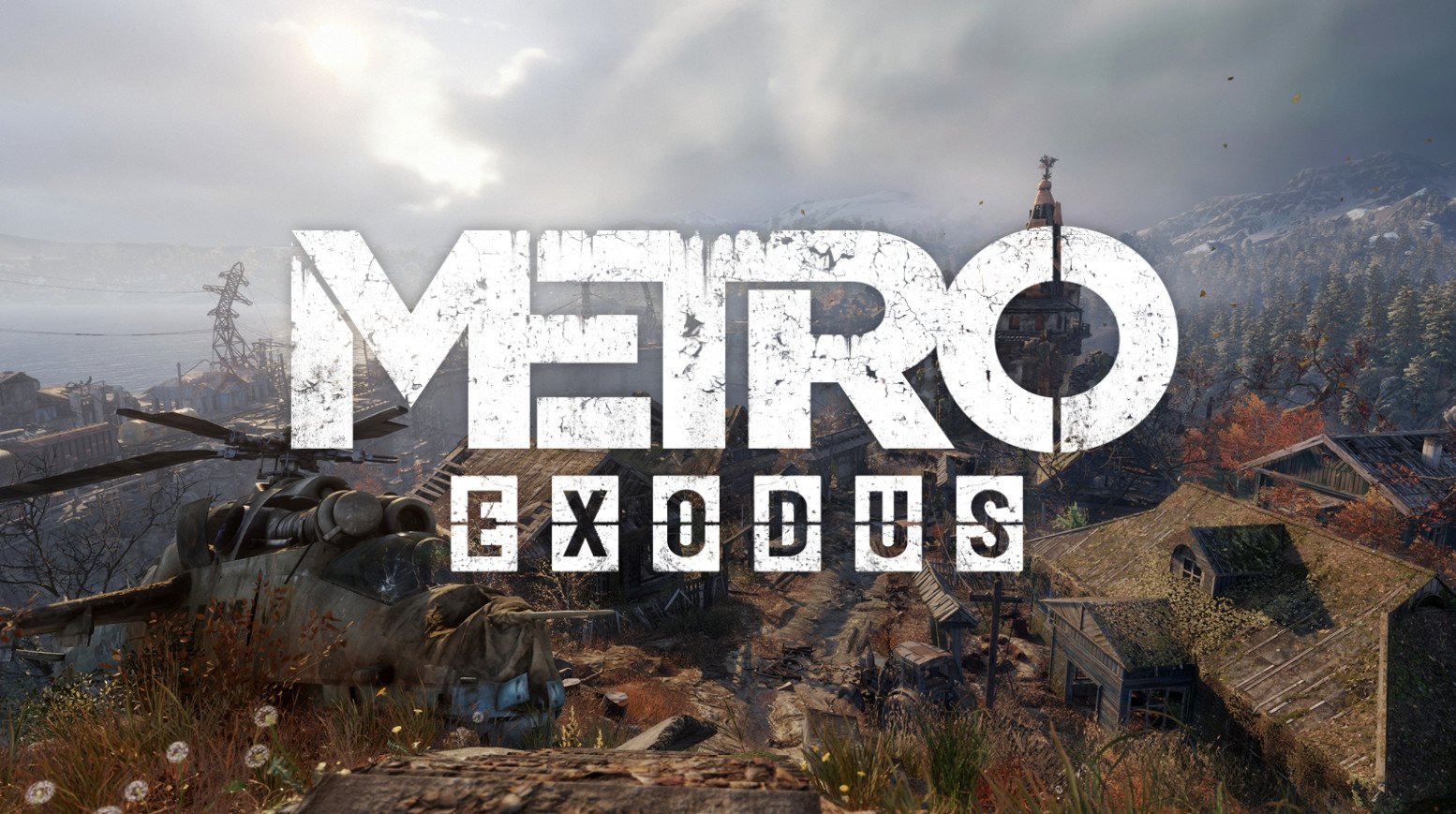
Over the course of the last decade, my interest in open-world games has dwindled significantly. Many of them have become overly formulaic and stale, often resulting in flat and uninteresting open-world experiences that bury information in a confusing array of menu screens and litter your map with icons that preview the content that awaits you, preventing you from discovering anything organically. Many of these games are also painfully static, too; it's always frustrating when the player does things that should lead to dynamic changes in the setting, only for it to lifelessly remain exactly the same.
It's for these reasons that I couldn't help but groan when I originally heard that the third game in the Metro series, Metro Exodus, was going to largely feature open-world-style areas. However, Metro Exodus completely exceeded my expectations for open-world games and delivered an incredible experience back when I played it in 2019, and three years later, it's still my favorite open-world shooter. Thanks to a variety of genius design decisions that help the game avoid annoying open-world tropes, Metro Exodus stands tall where many other open-world games have stumbled.
How Metro Exodus draws you into its world
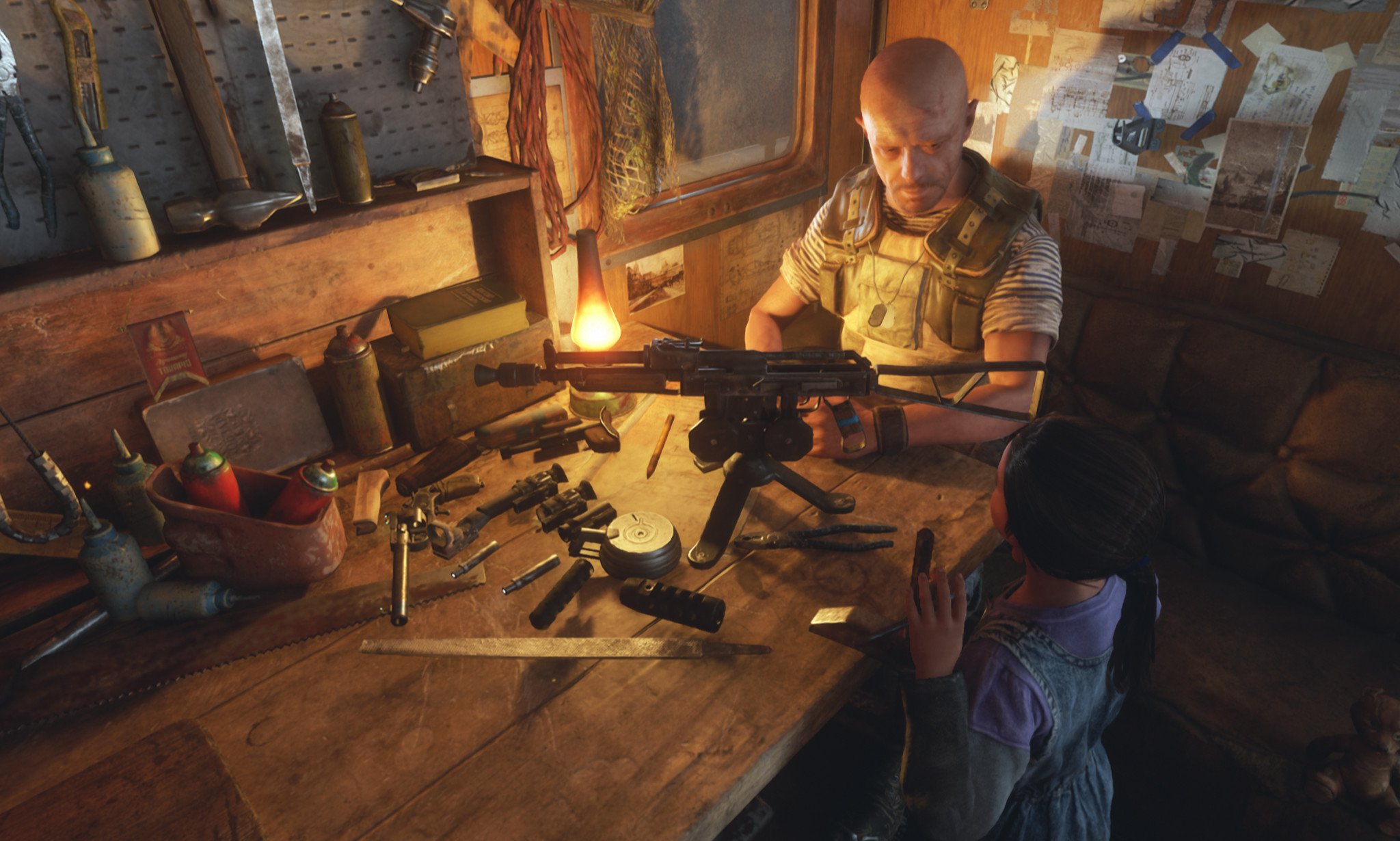
The first thing that sets Metro Exodus apart from its open-world peers is its approach to in-game menus. Most other games tend to force players to dig through numerous menus to check their map, view their current objective, or upgrade their character. This approach is functional, but it's far from elegant, and it often takes me out of the experience. How are you supposed to feel like you're a part of the game's world if you're constantly opening up gamey menu screens?
Metro Exodus' emphasis on tangible and physical interactions makes it incredibly immersive.
Metro Exodus avoids this problem by turning nearly every type of traditional menu screen into a physical and tangible object that the protagonist of the game, Artyom, uses his hands to interact with. Your map of each open-world area is taped to a leather binder, while your quest log is attached to the other side of that binder. Your quest marker is on a compass that's strapped to the bracer on your wrist, and to craft, upgrade, and maintain your weapons and ammo, you either need to pull out your backpack or roll up your sleeves at a workbench. Need to maintain or repair your gas mask? Artyom will visibly attach new filters or patch up holes in the glass with some thick duct tape. The only time you'll ever see a menu screen is if you pause the game or need to load into a new area (which is a rare occurrence).
It may not seem like this approach is that impactful, but for me, it's one of the game's cleverest design decisions. By turning every gameplay system into a physical interaction with its world and the objects within it, Metro Exodus completely immerses you and draws you into its setting. It also spices up the gameplay experience, too; the game never pauses when you check your map or begin crafting something with your backpack, so you have to think carefully about when you choose to perform these actions.
Promoting the joy of discovery
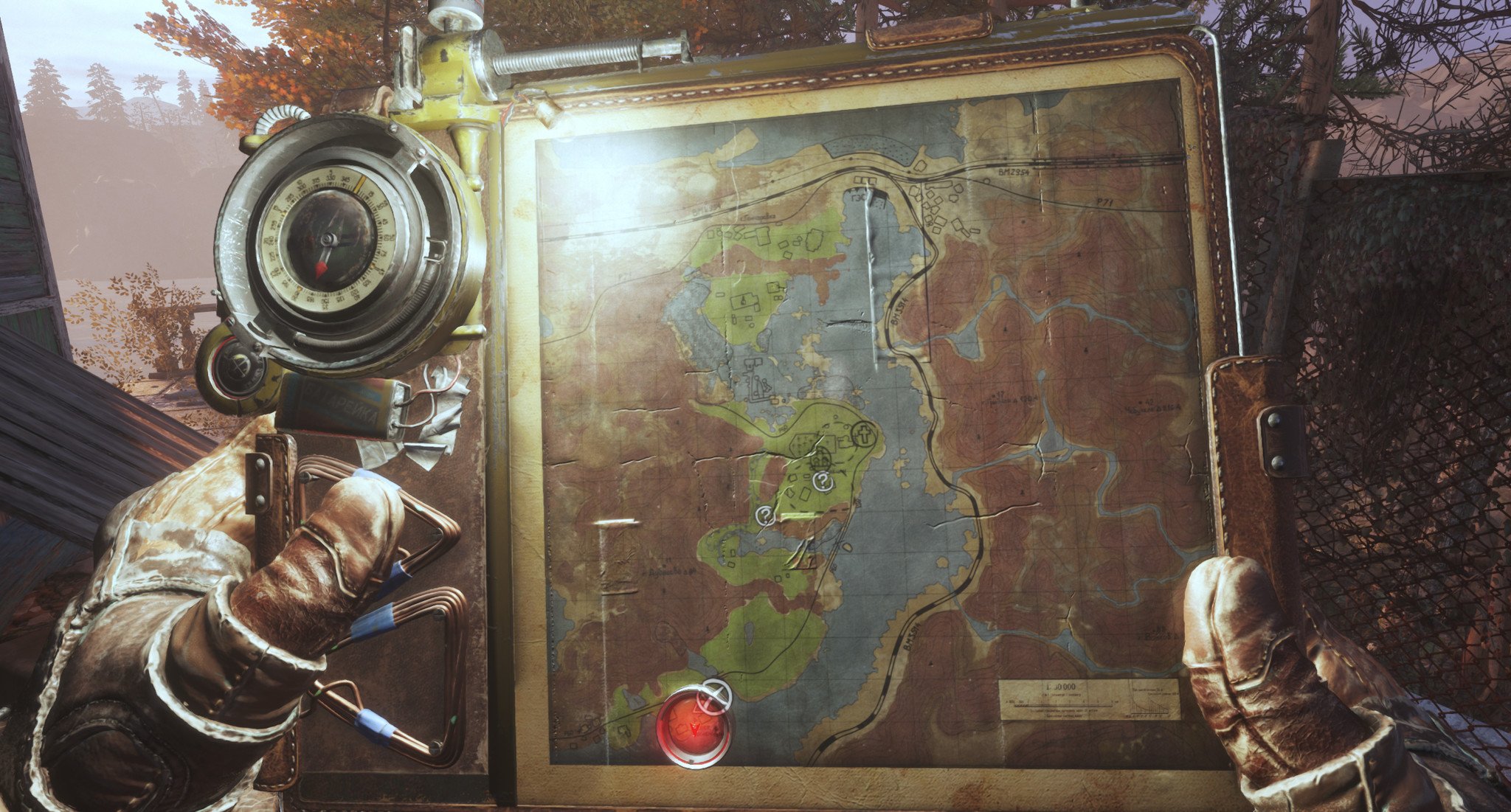
Secondly, Metro Exodus does an excellent job of promoting the joy of discovering things in its open levels, which is crucial for open-world games to get right. Many games either tell you what and where everything is ahead of time with map icons or don't reward players well for investigating every nook and cranny, making the game world boring and unfulfilling to explore.
Metro Exodus solves this issue by smartly limiting how much information the player can get their hands on before they adventure around its levels. Your map starts off completely blank, and while you can get a rough idea of where points of interest are by getting to high ground and scoping out the area with your binoculars, the only icon you'll ever get on your map is a question mark. The game never tells you what to expect from each of its locations, keeping the player on their toes. Is that structure a safehouse where you can rest, or a den full of mutants? Is it a bandit camp, or a large cache of useful supplies? You won't know until you go there and find out, and that's what makes Metro Exodus' world so fun to explore.
Get the Windows Central Newsletter
All the latest news, reviews, and guides for Windows and Xbox diehards.
4A Games also did a great job making sure that players would be handsomely rewarded for going off the beaten path. Almost every location in the game has something of value to find, ranging from weapon attachments and crafting materials to permanent upgrades for Artyom's suit, helmet, or gas mask. There are plenty of audio recordings and snippets of lore you can find as well, all of which add to the character of the area you're journeying through.
A setting that responds to your actions
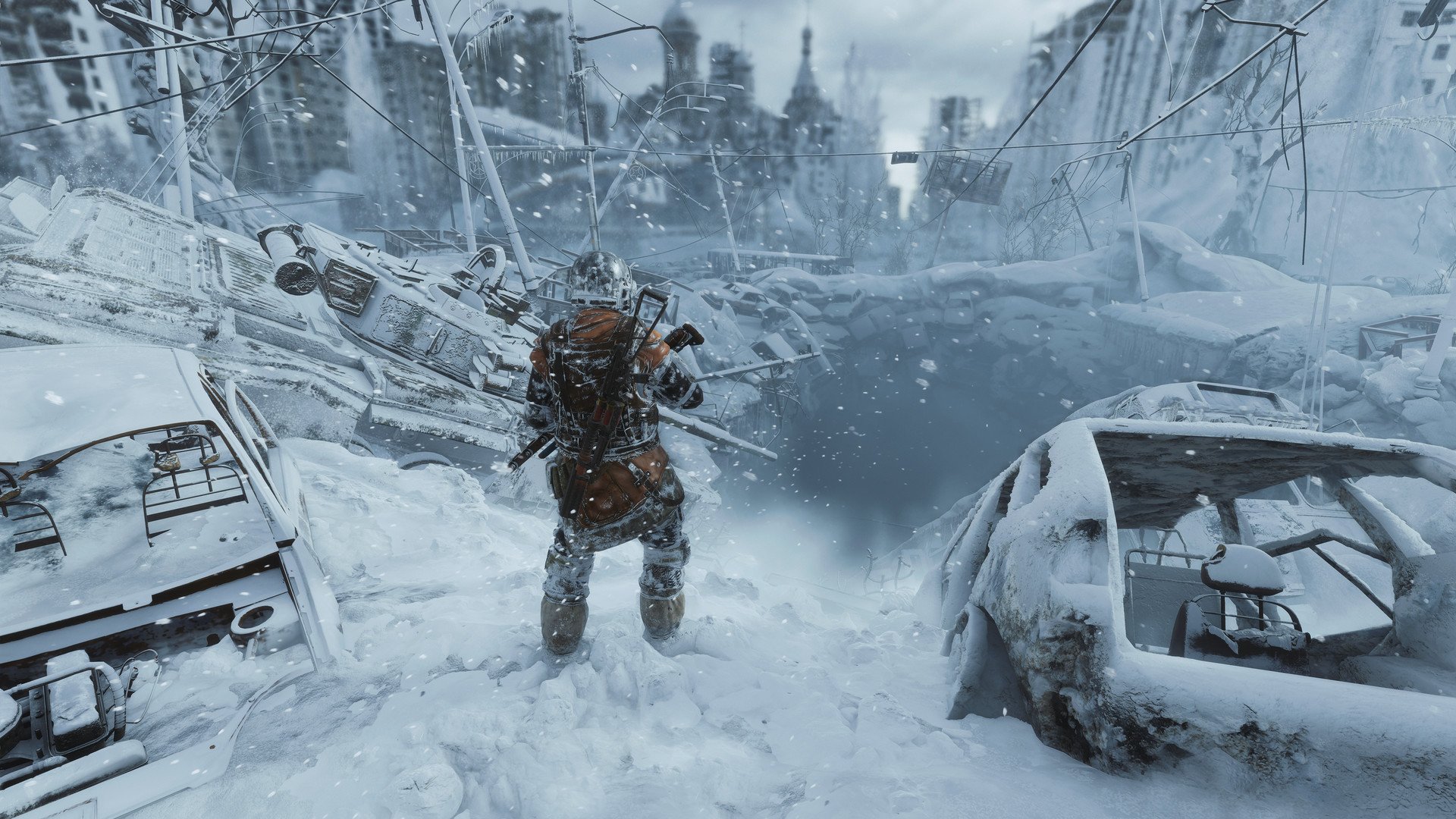
Metro Exodus' world is also significantly more responsive than many other open-world games, which makes your actions within the setting feel like they matter and have impact. I've found that the settings in most other games generally don't "push back" when you do something noteworthy, but Metro Exodus' world responds to your actions in a number of ways, both big and small.
For starters, the way you choose to deal with the various factions you find while traveling through post-apocalyptic Russia can have a massive impact on how those factions treat you and your allies. For example, if you choose to be hostile towards groups that you might otherwise be able to strike a truce with later on, they'll remember that you killed their members and will retaliate. Conversely, if you help members of those groups and interact with them non-lethally whenever possible, they'll remember that, too, and will show their appreciation with a guarantee that you can pass through their territory safely.
Metro Exodus responds to your actions in a number of big and small ways.
The game also responds to your choices in many smaller ways as well. Certain NPCs will appreciate it when you save them from captivity or keep your weapon lowered when interacting with them, rewarding you with a place to rest, useful information, crafting supplies, and even some key items that can be used to unlock new areas in the open world. If you choose to attack a bandit camp, you may find your safehouse surrounded by enemies seeking revenge next time you wake up after sleeping through the night. In the game's first level, The Volga, giving one of your comrades a guitar you can take from a bandit-controlled tower will lead to that character playing songs for you and your allies for the rest of the game.
It's true that game worlds don't have to be responsive to be fun to interact with, but the fact that Metro Exodus reacts to your presence in so many different ways is what makes it feel so alive. It deepens my connection with the setting, and since I know my actions will have a genuine impact on the world, the story, and its characters, it leads me to carefully consider the choices I make throughout my playthrough. It's something that Metro Exodus gets right that so many other open-world games get wrong, and I commend 4A Games for its efforts in this area.
Final thoughts
While my enthusiasm for open-world games remains low, Metro Exodus is a game that represents the pinnacle of what open-world games can be. Between its breadth of tangible interactions that replace cumbersome menu screens, its clever approach to exploration and discovery, and its incredibly responsive setting that makes the game world feel full of dynamism and life, Metro Exodus stands as one of the most immersive and intelligent open-world games ever made, as well as one of the best Xbox shooters available. Even now, three years after its release, there's nothing quite like it.
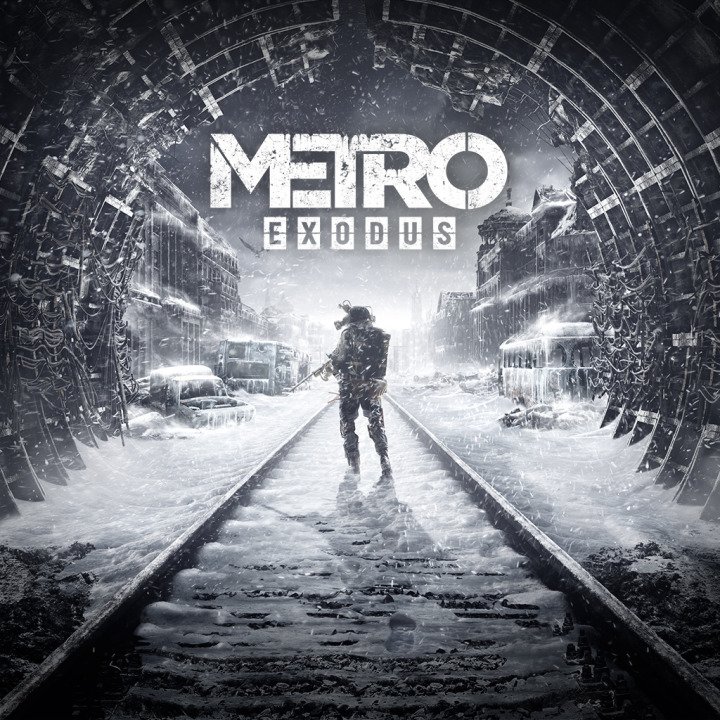
A post-apocalyptic adventure you can't miss
Metro Exodus is one of the best open-world shooter games ever made, allowing players to journey across post-apocalyptic Russia and explore countless locations. Along the way, you'll encounter new friends, dangerous enemies, plenty of interesting stories and gear, and more.
Brendan Lowry is a Windows Central writer and Oakland University graduate with a burning passion for video games, of which he's been an avid fan since childhood. He's been writing for Team WC since the summer of 2017, and you'll find him doing news, editorials, reviews, and general coverage on everything gaming, Xbox, and Windows PC. His favorite game of all time is probably NieR: Automata, though Elden Ring, Fallout: New Vegas, and Team Fortress 2 are in the running, too. When he's not writing or gaming, there's a good chance he's either watching an interesting new movie or TV show or actually going outside for once. Follow him on X (Twitter).

